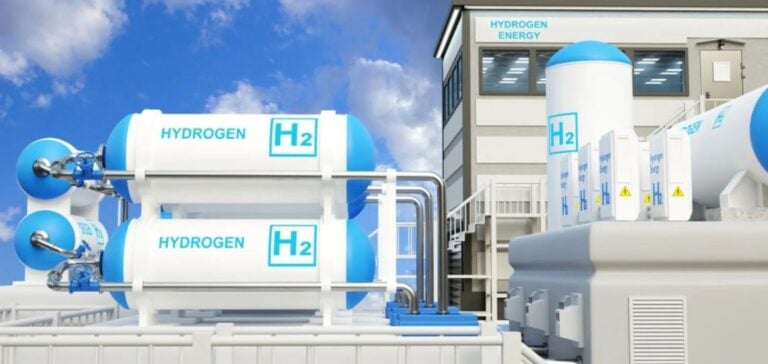Germany, striving for energy independence and rapid decarbonization, has launched a major initiative to construct a national green hydrogen transportation network. This project, funded by the public bank KfW with €24 billion, is positioned as a key pillar in the nation’s energy strategy.
The network, expected to be fully operational by 2032, will include 9,040 kilometers of pipelines connecting all 16 federal states and key industrial regions. The aim is to expand the use of hydrogen produced from renewable sources, considered a vital substitute for fossil fuels. According to KfW, this infrastructure will play a decisive role in developing the green hydrogen market, especially for heavy industry and transport sectors.
Gradual Financial Transition
The project will initially be supported by user fees, similar to those applied to natural gas and electricity networks. However, as only a few companies will initially use the network, they would bear a significant financial burden. To address this, the German government will subsidize these early users through KfW. The subsidies will decrease gradually as more users connect to the network and its economic stability improves.
Hydrogen: A Key to Germany’s Energy Transition
Green hydrogen is central to Germany’s efforts to replace traditional energy sources. After shutting down its last nuclear reactor in 2023 and planning a complete coal phase-out in the coming decade, the country faces a shortfall in energy production. Hydrogen, whether locally produced or imported, could provide an ecological and versatile alternative.
Used in industries such as steel, cement, and chemicals, it replaces coal and gas while reducing CO₂ emissions. Furthermore, it is emerging as a solution for domestic heating, as well as aviation and maritime transport. However, domestic production of green hydrogen remains insufficient to meet growing demand.
Infrastructure Challenges and the Need for Imports
A significant advantage of the project lies in its integration of existing infrastructure. About 60% of the required pipelines will utilize repurposed natural gas transport networks, cutting costs and construction time. However, the remaining network must be entirely built, with construction costs estimated at €19 billion.
To compensate for limited domestic production, Germany plans to import a large portion of green hydrogen. By 2032, thirteen cross-border connection points are expected to ensure supply. This international dimension underscores the importance of strong energy partnerships between Germany and hydrogen-producing nations.






















